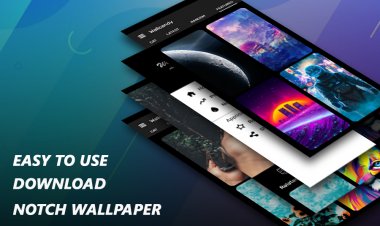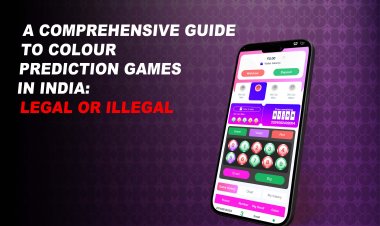Rolling the Dice: Your Ultimate Guide to Ludo Game Apps.
What are Ludo Game Apps? Ludo Game Apps vs Ludo Board Game. How to publish a Ludo Board Game app on play store?
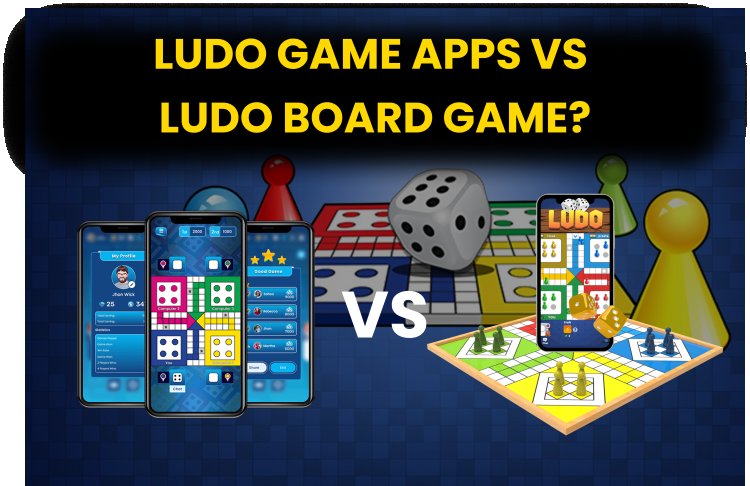
Ludo apps typically offer different variations of the game, multiplayer options, and sometimes even customizable rules or themes. They're great for both casual gaming and connecting with friends remotely.
In a world where digital entertainment reigns supreme, classic board games have found a new home on our smartphones. Among these timeless treasures is Ludo, a game that has risen above generations and continents, now making a delightful comeback through mobile apps.
What are Ludo Game Apps?
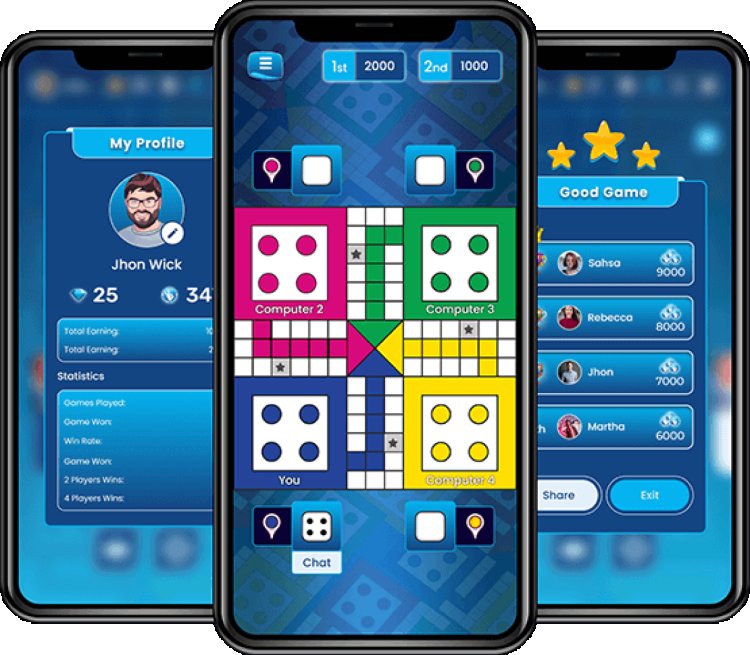
Ludo is a classic board game that has been adapted into mobile apps for easy play on smartphones and tablets. These apps allow users to enjoy the game virtually, often connecting with friends or other players online. Players roll a dice and move their tokens around the board, aiming to reach the center before their opponents.
Ludo Game Apps vs Ludo Board Game
Both Ludo game apps and physical Ludo board games offer a similar experience but with some notable differences.
Ludo Game Apps:
Convenience: Apps offer portability and accessibility. You can play anytime, anywhere, as long as you have your device and an internet connection.
Variety: They often come with different themes, modes, and variations of the game, providing more options and sometimes additional features like multiplayer modes, tournaments, etc.
Solo Play: Some apps have AI opponents, allowing you to play the game solo without needing other players.
Tech Integration: Some apps incorporate additional features like chat options, achievements, leaderboards, and even augmented reality (AR) elements for a more immersive experience.
Ludo Board Game:
Social Interaction: Physical board games offer face-to-face interaction with friends and family, making it a more social experience. It can create a lively atmosphere and foster bonding among players.
Tangible Experience: Manipulating physical pieces and rolling dice can offer a different tactile experience compared to tapping on a screen.
Traditional Feel: For some, the nostalgia and traditional charm of playing a physical board game can't be replaced by digital versions.
No Tech Dependencies: Board games don't rely on technology, so there are no concerns about battery life, connectivity issues, or device compatibility.
Ultimately, both versions have their own unique charm. The choice between a Ludo game app and a physical board game often depends on personal preferences, the availability of other players, convenience, and the desired experience at that moment. Some people might enjoy the convenience and features of an app, while others might prefer the tangible, social experience of the physical board game.
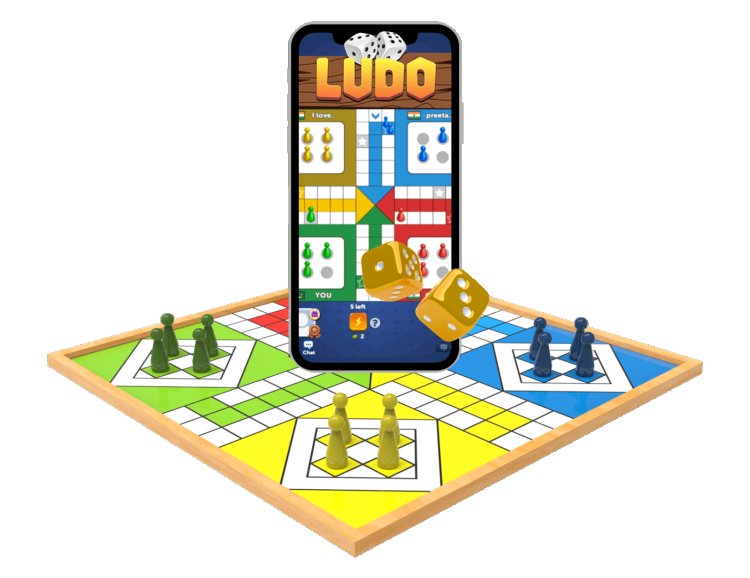
Business Model:
In-App Advertising: This involves displaying ads within the app. Revenue is generated based on the number of impressions, clicks, or actions taken by users on these ads. Offering players the option to buy virtual goods, such as special dice, themes, or additional features, for real money.
Premium Version: Providing a free-to-play version with limited features and a premium version with more functionalities. Users pay upfront to access the premium version.
Subscription Model: Offering a subscription-based service that grants access to exclusive features, game modes, or removes ads for a monthly or yearly fee.
Earning Potential:
Earnings from a Ludo game app can vary widely depending on factors like user engagement, the size of the user base, geographical location of users, and monetization strategies employed. Successful apps with millions of active users can generate substantial revenue from ads, in-app purchases, or subscriptions.
Development Cost:
The cost of developing a Ludo game app can vary significantly based on factors like complexity, features, platform (iOS, Android, Web), design intricacy, team location, and development time. Roughly, a basic Ludo game app might cost anywhere Rs2 lakhs. However, more sophisticated versions or those with advanced features like multiplayer modes, social integrations, and high-quality graphics could cost upwards of Rs 3 lakhs or more.
It's crucial to consider ongoing expenses for maintenance, updates, customer support, and marketing to keep the app relevant and attract and retain users.
To build your Ludo Game App, explore meratemplate.com for such app development services.
How to publish a Ludo Board Game app on play store?
Publishing a Ludo board game app on the Google Play Store involves several steps. Here’s a general outline of the process:
Prepare Your App:
- Development: Ensure your app is fully developed, tested, and ready for release.
- Compliance: Make sure your app complies with Google Play policies, including content guidelines, security measures, etc.
- Graphics and Assets: Prepare high-quality images, icons, and promotional materials for your app.
Create a Google Play Developer Account:
- Sign up for a Google Play Developer account. There's a one-time registration fee.
Compile Necessary Information:
- App Information: Gather details such as the app’s title, description, screenshots, video previews, categorization, and keywords.
- App Content Rating: Determine the appropriate content rating for your app based on its content.
Generate Signing Key:
- Create a signing key to ensure the security and authenticity of your app.
Upload Your App:
- Access the Google Play Console and start the process to add a new app.
- Upload your APK file.
- Complete the required details, including the app's name, description, screenshots, etc.
Set Pricing and Distribution:
- Decide whether your app will be free or paid. If it’s a paid app, set the price.
- Choose the countries where your app will be available for download.
Prepare Store Listing:
- Write a compelling description highlighting your app's features and benefits.
- Add high-quality screenshots and videos showcasing your app.
- Choose an attractive icon and feature graphic for your app.
Test and Review:
- Use the testing tools available in the Google Play Console to ensure your app functions correctly and looks good on various devices.
Release Your App:
- Once you're confident your app is ready, set a release date or publish it immediately.
Promote Your App:
- Share the link to your app’s Play Store page on social media, your website, etc.
- Consider marketing strategies to increase visibility, like app store optimization , advertisements, collaborations, etc.
Maintenance and Update:
- Regularly update your app based on user feedback, fix bugs, and add new features to keep users engaged.
Important Notes:
- Ensure compliance with Google Play policies to avoid rejection or removal of your app.
- Be responsive to user feedback and issues raised in reviews to maintain a good app reputation.
- Stay updated with changes in the Google Play policies and adapt your app accordingly.

Final Thoughts
Ludo game apps sum up the essence of traditional gaming while embracing the digital age. They serve as a conduit for nostalgia and connection, bringing people together in the chasing of fun and friendly competition.
As we navigate an ever-evolving technological landscape, it reminds us that simplicity and enjoyment are timeless virtues. So, whether you're reliving childhood memories or discovering the joy of Ludo for the first time, these apps offer an inviting gateway to endless hours of entertainment.
In a world that's constantly, sometimes all it takes is a roll of the dice to bring joy and togetherness into our lives.
------------------------------------------------------------------------------------
- Contact us: 8888647482
- Email id: sunil@meratemplate.com
- Telegram - https://t.me/sunilyadavtutorial
- Youtube - https://www.youtube.com/c/MeraTemplate
Thank you so much for taking the time to read my article.




 Mera Template
Mera Template 




































